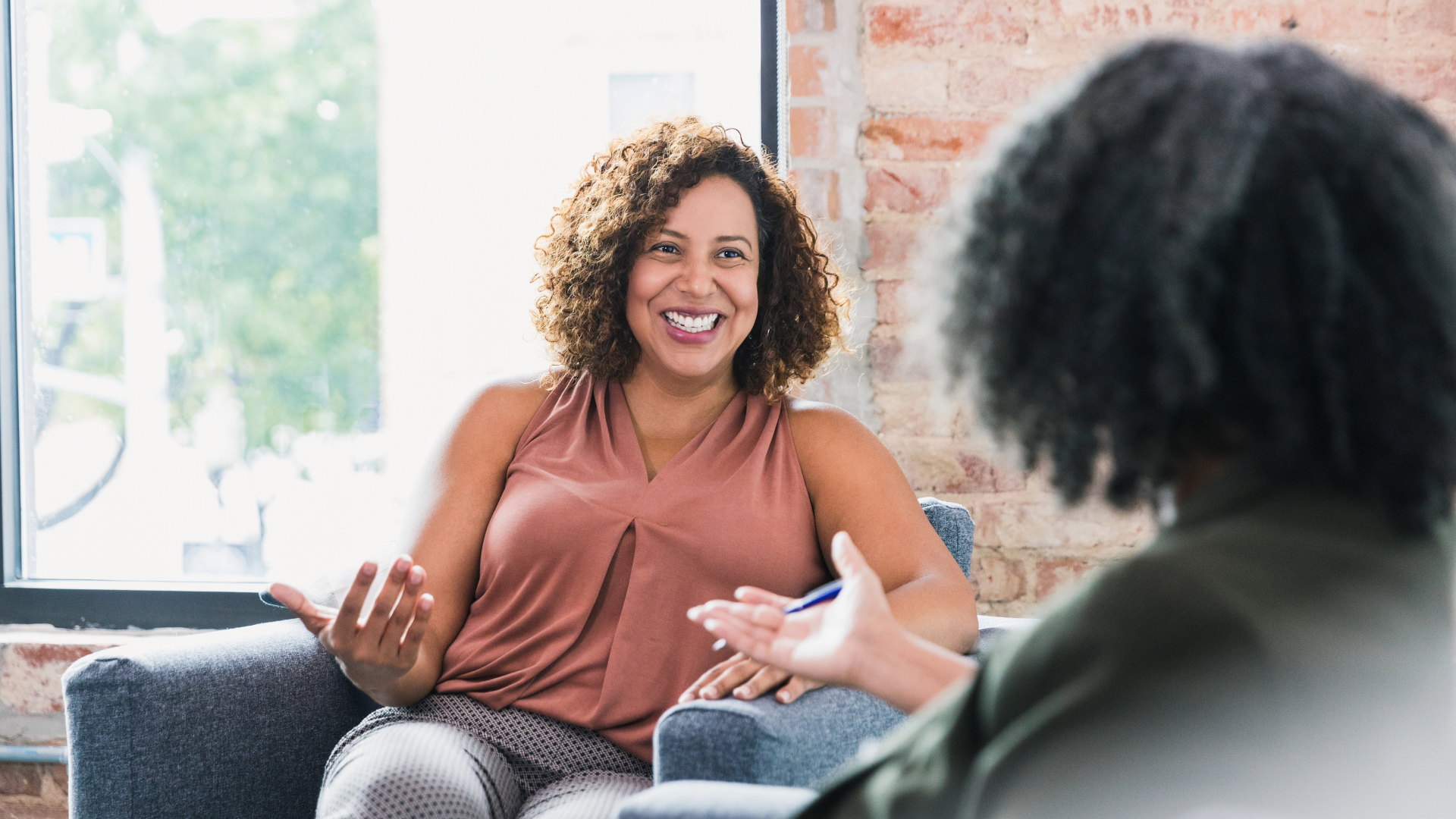Covid-19 has had a seismic effect on people's lives across the globe. There has been the devastating loss of life, the enormous disruption to our everyday existence and damage to the economy. It is almost overwhelming to take in what we have all experienced whether it is to a greater or lesser extent. It is sometimes unbearable to watch the news and take on board the daily statistics that inform us about the number of dead, the seriously ill, the plight of individuals not being able to attend the funerals of loved ones or visit family members in care homes.
So, it is no surprise that even those people who may not have been personally affected by loss are impacted by the emotional and psychological ripple effect- which has led to some people becoming fearful, anxious and even hyper vigilant about their own safety and wellbeing.
In my work as a clinical therapist, I am hearing more and more from clients about increasing levels of stress, anxiety, anger, hyper-alertness, the breakdown of relationships, the trauma of loss, feelings of hopelessness and helplessness. Then there are those clients who are already dealing with pre-existing mental health issues, whose symptoms have worsened due to isolation, loneliness and simply finding it hard to cope day to day in this seemingly structureless and destabilizing moment in time.
There are those clients who feel an enormous sense of guilt about reaching out and asking for help, because they've seen others in far worse situations who are struggling to cope. There are some who keep their feelings bottled up because they're so used to being the problem solvers that it is difficult to admit that sometimes they feel helpless. Personal relationships have been adversely affected and some relationships have completely broken down.
These feelings and experiences are common, and it is entirely normal to experience anxiety and stress at times, especially if you are cut off from loved ones, regular interactions with friends, or don't have the routine of work, school, university to focus on.
There are simple strategies that can help you cope on a day to basis. Waking up at about the same time every day, building in a regular routine and creating structure to your day can help you feel more anchored. Building in a regular phone or zoom chat with a friend or family member can help maintain connections and offer you the opportunity to download and share feelings. Ensuring you take regular exercise- even a 10-minute walk round the block can help. Eating a balanced diet and adopting good sleep hygiene are also very beneficial to overall wellbeing.
However, if you are struggling, it is important to know that you are not alone, and it is ok to talk. There is so much excellent counselling and psychotherapeutic support for people struggling at this very unprecedented and challenging time. Counselling can offer a safe non-judgmental space and support with strategies to tackle all kinds of issues for example: relationships, mental health issues, or coping with loss. It is vital that you don't suffer in silence, your feelings matter, and you're not alone.

With thanks to NCS Ambassador for Media and Cultural Diversity, Anjula Mutanda, for providing this blog.
Anjula is a consultant media broadcaster, Psychotherapist, relationship Psychologist, family dynamics expert, social scientist, mental health campaigner, author, journalist and columnist. You can find out more about Anjula and our other Ambassadors here.


